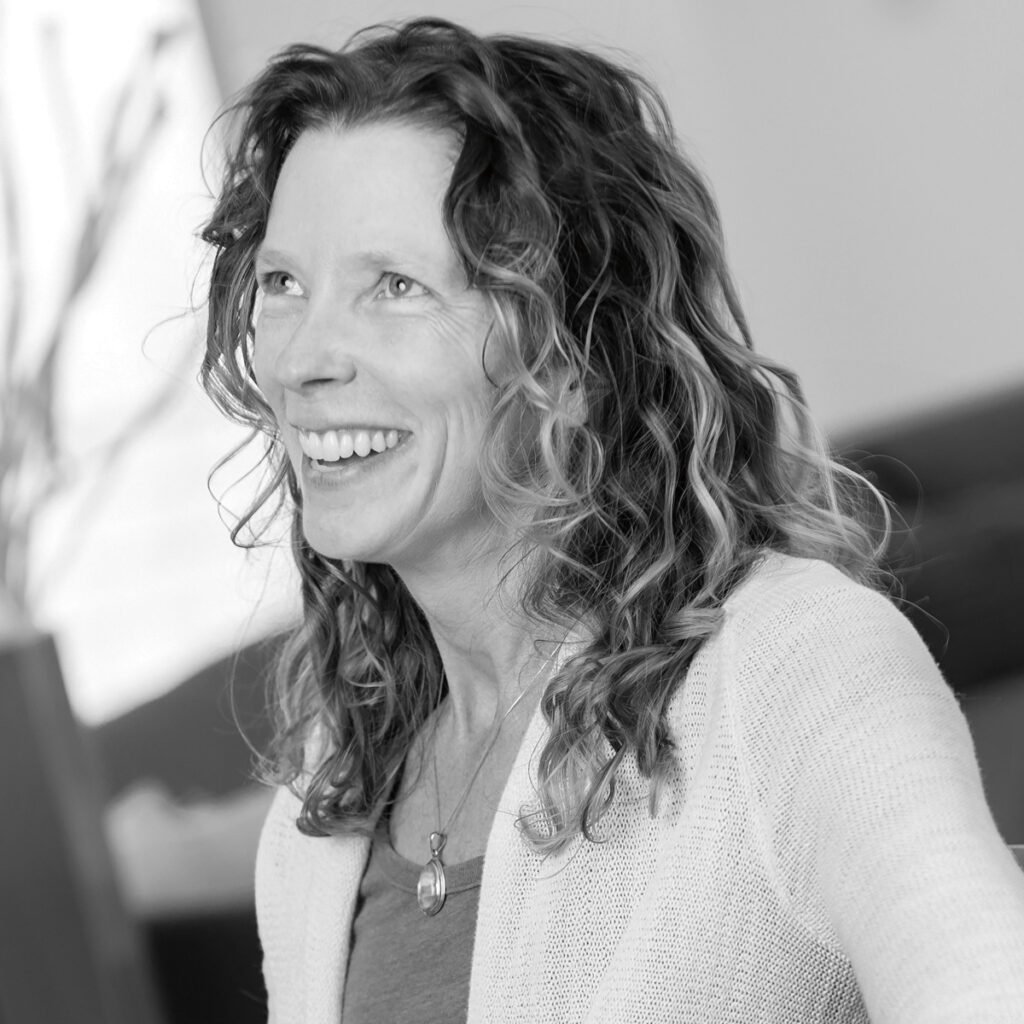
Being an anthropologist has been a core part of my personal identity since graduate school – not because of all the years of schooling or the grueling dissertation, but because a holistic, systemic, and people-centered perspective on the world became woven into the fabric of who I am. The power of ethnography is not in its methods, but in the way it shapes our perspective on the world. We frame complex problems in holistic ways, seek out connections between micro-behaviors and macro-dynamics, and are inspired by the rich color of people’s stories. An ethnographic perspective helps us find meaning in everything we look at. Applying that perspective in our work is about translating that meaning into action.
These skills are all fundamental to the choice-making enterprise of business strategy. Recently I have had the great fortune to facilitate and inspire strategy development alongside leaders of multi-million dollar businesses, and truly experiment with applying our ethnographic tools to this endeavor. At Steelcase, all corners of our company are steeped in design thinking and we share corporate goals around people-centered, insight-led strategy and innovation. We have been upping the ante by expanding the role of our insights from product and service design to business strategy design, and this has provided me a rich opportunity to yet again reframe my own ethnographic perspective.
Here are some thoughts on why I believe more of us should be doing business or corporate strategy work:
Understand, imagine, and make choices.
We are pattern-finders of complex systems. We dig deep to understand root causes. We are attuned to the interactive dynamics between social and economic forces. We identify levers and triggers. We can paint pictures of complex landscapes. But that in itself is not enough. How will you chart a path through that landscape? What will you pursue and what will you leave behind? At Steelcase, we leverage a lot of tools from Roger Martin’s work to help us with this – define your ‘wicked problem’ for the business; apply integrative thinking to bring together disparate frames; and imagine future scenarios or ‘happy stories.’ What kinds of futures does the world offer this business? Imagine what could be, test the options, and then make informed choices.
Practice and partner.
Too frequently in the business world, research is treated as a service. Changing this attitude towards ethnography needs to begin with all of you. Present your ethnographic expertise as a practice and a way of making sense of your business. Position yourself as a partner to others who bring complementary practices to the table. Be honest and authentic, learn from and with your partners, and iterate your strategies as you go. By consistently practicing and learning as part of a multidisciplinary team, you are infusing more reliability into the choice-making endeavor and minimizing risk as you run your strategy scenarios through diverse perspectives and frames.
Lead with heart.
Strategy is about choice-making and setting direction, and robust strategies set a compelling direction with vision that people in the organization want to follow. As ethnographers, we often find ourselves as champions of people outside our organizations. My advice is to mirror that heart back into your organization. MIT’s Otto Scharmer has worked extensively on leadership approaches centered around an ‘open mind-open heart-open will’ framework, and I highly recommend looking at some of his work through your ethnographic lens. In many ways, he is talking about applying the ethnographic perspective internally to a team and organization. Empathy is not just what we do for our ‘users’ – it’s what we should be doing for our own colleagues and organizations.
In closing, a call to action.
Experiment with the ethnographic center of strategy – by putting your people skills to work to frame, find meaning, make choices for your business, and design stories that create compelling visions for everyone in your organization.
 Donna Flynn is Vice President, Global Talent Management at Steelcase, where she leads efforts to attract, retain, develop and inspire Steelcase employees around the world. Previously she served as Vice President of Workspace Futures at Steelcase, where her team of researchers studied the future of work, workers and the workplace. The team’s insights, developed by studying people, their habits and interactions, inform Steelcase culture principles and product development. Before joining Steelcase, Donna spent eight years as an experience strategist and research manager at Microsoft, where she held a number of user experience leadership roles in product groups focused on mobility, healthcare, and consumer strategy; and led client projects for Sapient, working with technology and telecommunications clients such as Cisco Systems, Sun Microsystems, and Sprint. Earlier in her career she worked on international development and microfinance with the International Center for Research on Women, the U.S. Agency for International Development, and the World Bank. Donna holds a PhD in Anthropology from Northwestern University. Read Donna’s EPIC2018 keynote address “The Future is Yours”.
Donna Flynn is Vice President, Global Talent Management at Steelcase, where she leads efforts to attract, retain, develop and inspire Steelcase employees around the world. Previously she served as Vice President of Workspace Futures at Steelcase, where her team of researchers studied the future of work, workers and the workplace. The team’s insights, developed by studying people, their habits and interactions, inform Steelcase culture principles and product development. Before joining Steelcase, Donna spent eight years as an experience strategist and research manager at Microsoft, where she held a number of user experience leadership roles in product groups focused on mobility, healthcare, and consumer strategy; and led client projects for Sapient, working with technology and telecommunications clients such as Cisco Systems, Sun Microsystems, and Sprint. Earlier in her career she worked on international development and microfinance with the International Center for Research on Women, the U.S. Agency for International Development, and the World Bank. Donna holds a PhD in Anthropology from Northwestern University. Read Donna’s EPIC2018 keynote address “The Future is Yours”.
Related
Tracing the Arc of Ethnographic Impact: Success and (In)visibility of Our Work and Identities, Donna Flynn & Tracey Lovejoy
Going with the Gut: The Case for Combining Instinct and Data, Simon Roberts
Strategy without Ethnography, Zach Hyman
Practice, Products and the Future of Ethnographic Work, Maria Bezaitis

0 Comments